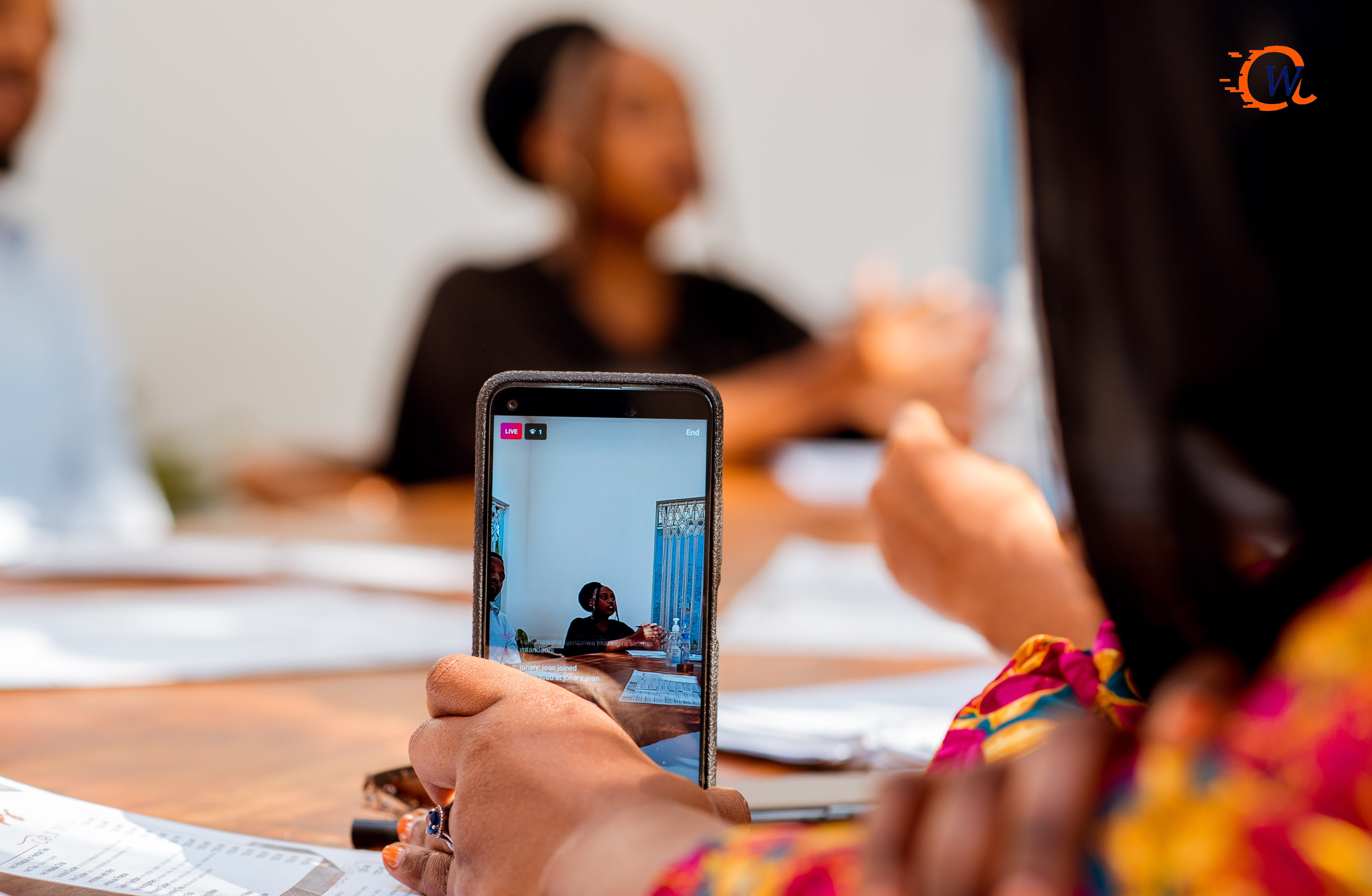Which Digital group do you belong to?
As time goes on, we have more people using the internet day by day even in a country like Tanzania where we are yet to reach the bigger population to have access to the internet.
There is a variety of pushing or pulling dynamics that play a part in forces that act as motivation for the online user. Access to the internet, motivations of using the internet and how one engages varies from one to another resulting into clusters of groups of types of use such as Social Media Activists, Motivational Speaker, Online Influencer, Trendsetters, Specialists (be it health, design, education and the like) Online shops and businesses and a lot more. Whatever the reason for accessing the internet, there are only two main groups of Internet users.

The Internet Partaker (TIP)
Is a netizen who consumes or/and produces certain action when using the internet. These actions may vary from content production, engagement (in terms of liking, commenting or sharing) and online patrol.
What the user gets varies from interest and intent of use or if at all they have reflected on why they are online and what they could get from it. While there are users who are focused and know what they want from the internet, we also have users who use it by following trends (especially content gone viral) and the like plus wherever the clicks guide and take them.
The Internet Lurkers (TIL)
Is a netizen who consumes what is on the internet without producing an action. Usually, the online user has a variety of registered account across platforms with the intent of being fully updated but deliberately avoiding any activity that could indicate their online presence. Their behaviour online precisely emphasises on their need not to be noticed or identified as active online. They are fully updated, mostly focused on what they search and follow online and fully informed.
In this group, we have fully-fledged Lurkers and semi ones. While the former involves a user who completely does not engage, with the later, the user has multiple accounts to which some are specifically created for lurking and others for partaking.
As postulated in the Journal of Information Science, 39(1) 2013, pp.101–112, it has been proposed that Online selves and alternatives personas provide their users with the potential to perform and present different identities. In this case, it is up to the user to decide how they can well present themselves to the online world in a way that could better suit their vision of online presence. The user has the sole power to opt for any of the group they can relate with.

